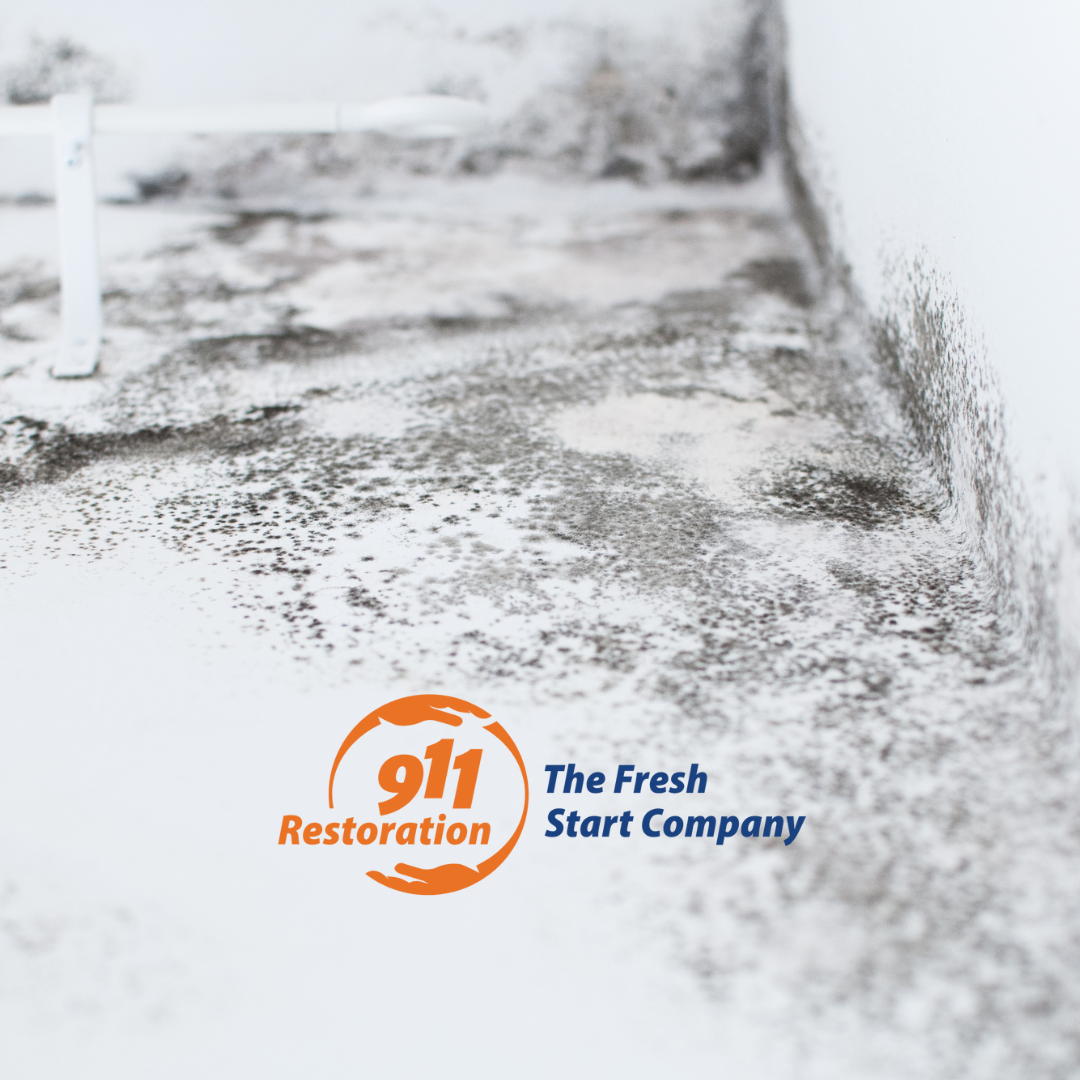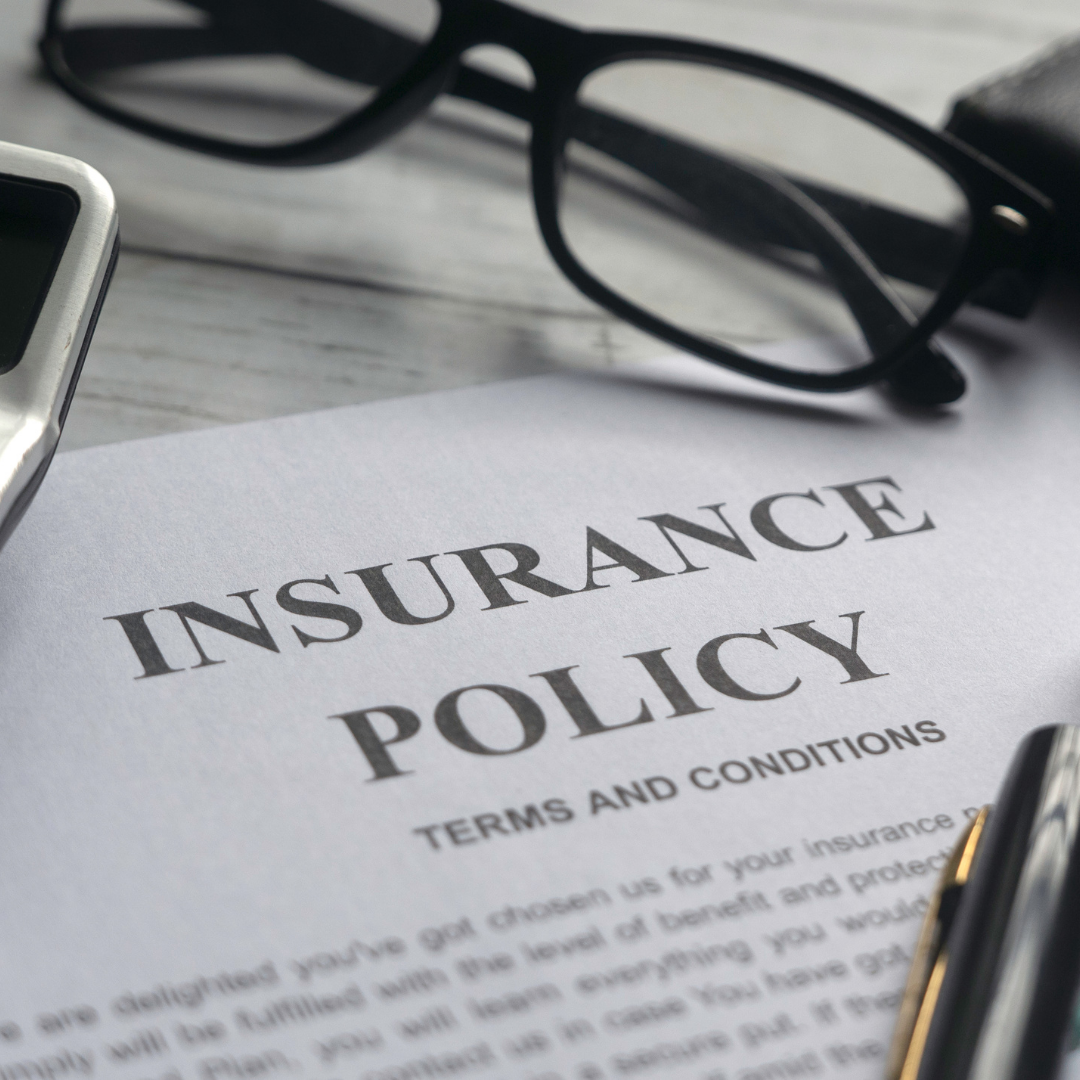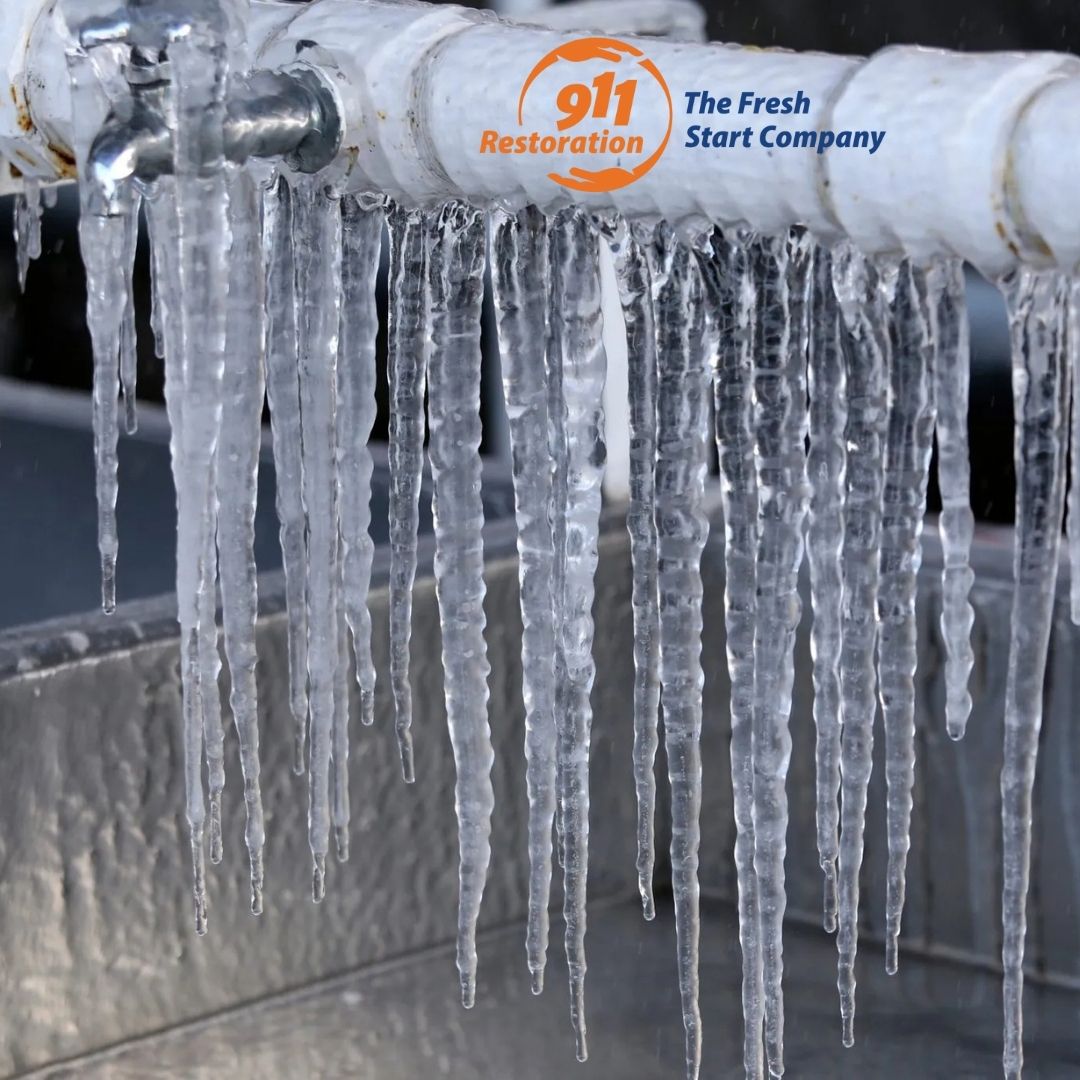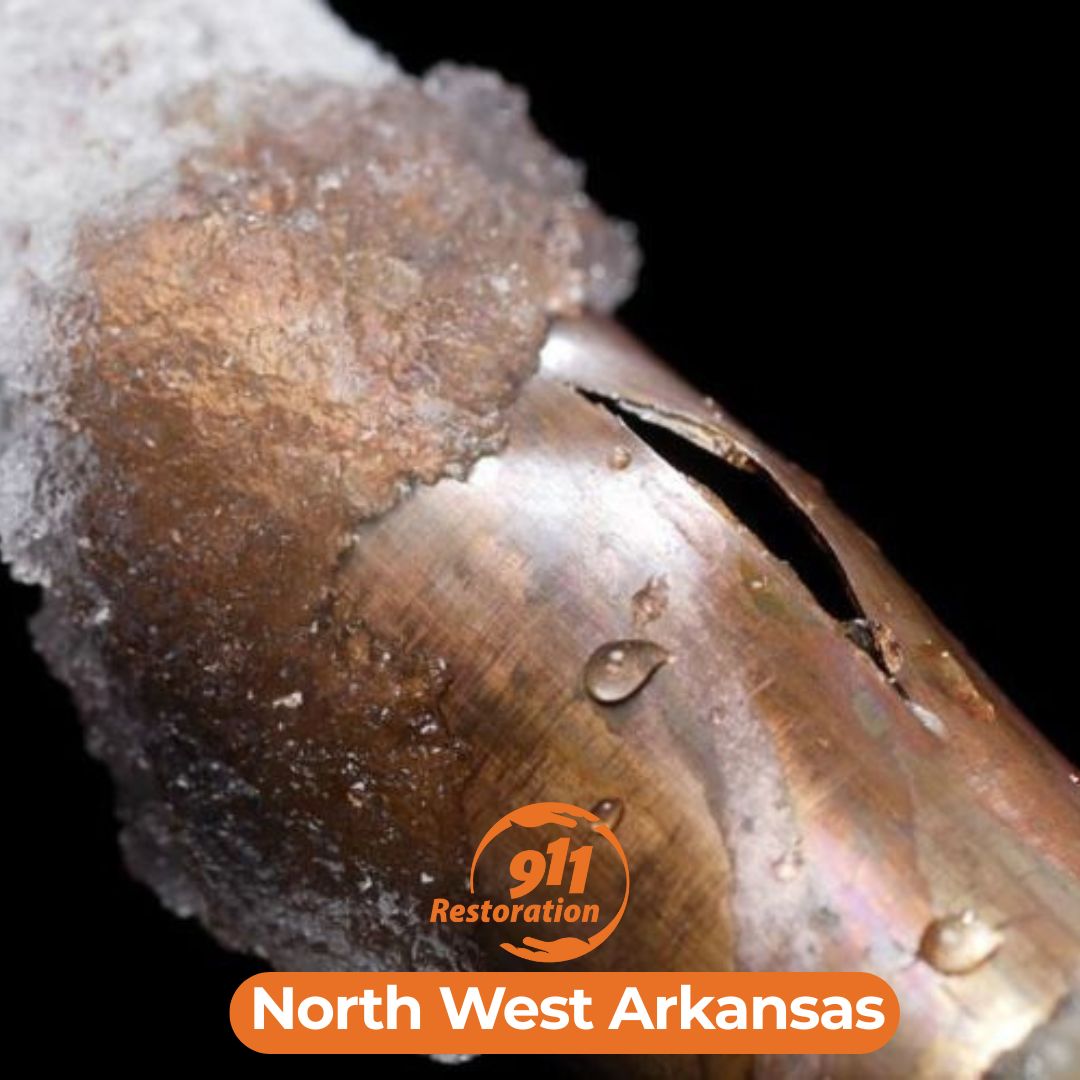
28
Aug
The Hidden Health Risks of Mold: What Northwest Arkansas Homeowners Need to Know
In Northwest Arkansas, we are pride ourselves on our beautiful, clean homes. However, a hidden danger can be lurking in damp, dark corners and that is mold.
While often seen as a simple nuisance, mold growth in your Arkansas home can pose serious health risks to you and your family.
According to American Home Shield, Arkansas ranks 7th on the list of “top 10” moldiest homes in America. Mold problems can be tricky, and there are a number of contributing factors including but not limited to: average rainfall, average temperature, average relative humidity, average dew point etc.
However, multiple sources consistently point to states with high heat and humidity as being the most susceptible. Below is a list of the top 10 states most frequently cited in various reports and studies.
- Louisiana: The state’s location on the Gulf Coast and its frequent rain and heat make it a prime environment for mold growth.
- Florida: With a subtropical climate, high humidity, and frequent rainfall, Florida is often at the top of the list for mold issues.
- Mississippi: Similar to Louisiana, Mississippi’s hot, humid climate contributes to a high risk of mold in homes.
- Alabama: Another state in the humid Southeast, Alabama’s weather creates ideal conditions for mold to thrive.
- Rhode Island: Tied with Delaware for the damp, cold winters that can trap moisture in homes.
- Delaware: Tied with Northwest Rhode Island due to coastal location and damp, cold winters that can trap moisture in homes.
- Arkansas: As a humid subtropical state, Arkansas (specifically Northwest Arkansas, as you mentioned in previous queries) has weather conditions that can lead to mold problems, especially in basements and crawl spaces.
- Vermont: Frequent rain is the number one contributing factor for mold growth.
- Georgia: Georgia’s hot, humid summers and warm climate are conducive to mold growth.
- South Carolina: With a humid climate and coastal areas, South Carolina is also a frequent contender on lists of states with high mold risk.
Keep in mind that, mold can grow anywhere there is moisture. However, states with high humidity, heavy rainfall, and a warm climate are more likely to experience a widespread mold problem.
At 911 Restoration of Northwest Arkansas, we don’t just clean up the mess—we offer a “fresh start” by addressing the root cause of mold and ensuring your property is safe. That’s why we are shedding some light on the potential health issues associated with mold exposure in this blog post.
What is Mold and Why is it a Problem?
Mold is a type of fungus that grows in moist, humid environments quickly. It reproduces by releasing tiny spores into the air that are harmful to your health.
When these spores land on a damp surface, depending on the source the mold growth can range from extensive to non-extensive. Basements, attics, bathrooms, and areas with water damage are common breeding grounds for mold, especially crawl space.
The real danger comes when these spores are inhaled. For many people, exposure to mold can trigger a range of symptoms, from mild irritations to more severe health conditions.
Common Health Effects of Mold Exposure
The symptoms of mold exposure can vary widely from person to person, depending on their sensitivity and the duration of exposure. Below is a list of the most common health problems associated with mold.
- Allergic Reactions: This is the most frequent reaction to mold. Symptoms can be similar to hay fever or other seasonal allergies and may include sneezing, a runny or stuffy nose, itchy eyes, a sore throat, and a skin rash.
- Respiratory Issues: Inhaling mold spores can irritate the lungs and airways. This can lead to coughing, wheezing, and shortness of breath. For individuals with pre-existing conditions like asthma, mold exposure can trigger severe asthma attacks.
- Irritation: Even for people without allergies, mold can act as an irritant. It can cause burning sensations in the eyes, nose, throat, and lungs.
- Worsening of Chronic Conditions: People with compromised immune systems or chronic lung diseases are particularly vulnerable. In some cases, mold exposure can lead to lung infections.
While not everyone will have a reaction to mold, it’s important to recognize that mold can be a harmful. If you or someone if your family experiences unexplained allergy-like symptoms, especially when you are at home, mold could be the culprit and mold removal could be required.
When to Call 911 Restoration of Northwest Arkansas
If you see or smell mold in your home, it’s crucial to act quickly. While some small, surface-level mold can be cleaned with household products, extensive mold growth, particularly in hard-to-reach areas, may require professional mold removal services.
At 911 Restoration of Northwest Arkansas, our certified mold remediation specialists are trained to handle mold safely and effectively.
We follow the structured and detailed process that is outlined below to help you to ensure your home is thoroughly protected: Note: The extent of the damage will determine the full scope of the project and cost.
Note: The first step is to send our team photos of the damage when possible.
- Inspection: We identify the source of the moisture that’s causing the mold and assess the full extent of the damage.
- Containment: We seal off the affected area to prevent mold spores from spreading to other parts of your home during the removal process.
- Removal: We use specialized equipment to safely and completely remove the mold.
- Cleaning & Sanitization: We clean and sanitize all surfaces to ensure no spores are left behind.
- Restoration: We repair and restore any materials that had to be removed, to get your home back to its pre-damage condition.
Don’t let the need for mold removal compromise your health. If you suspect you have a mold problem, contact 911 Restoration of Northwest Arkansas today for a FREE professional assessment.
We’re available 24/7 to provide you with the professional, compassionate service you need for a true “fresh start.”
Get the Facts About Mold from the Arkansas Department of Health.
Service Areas | Contact us today – we’re here to help!



